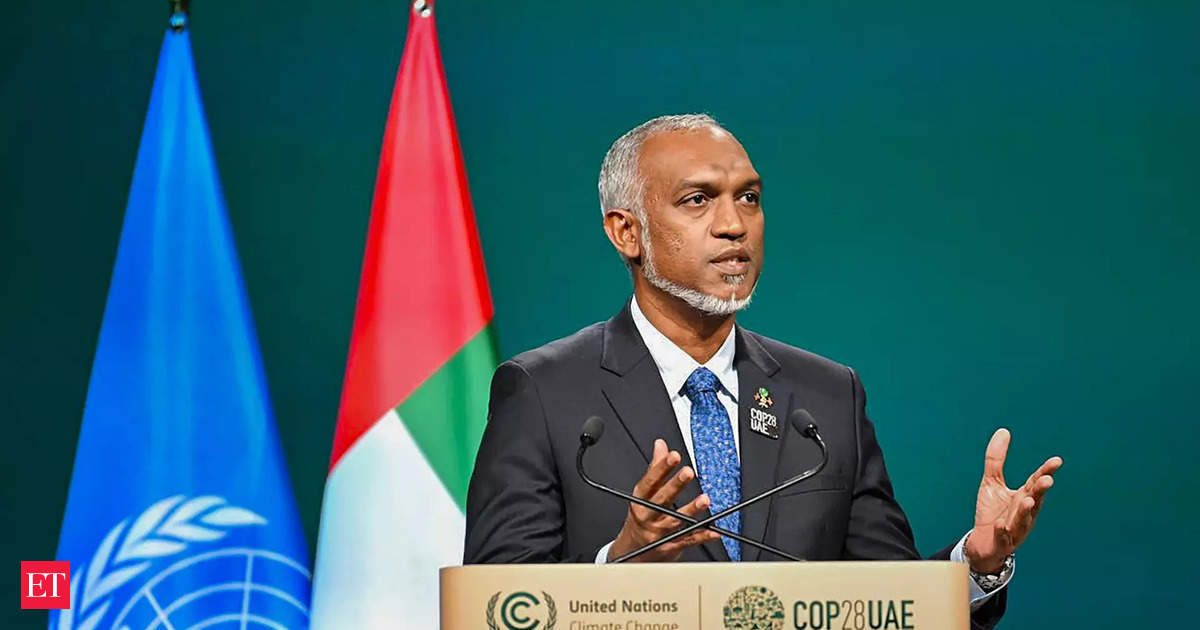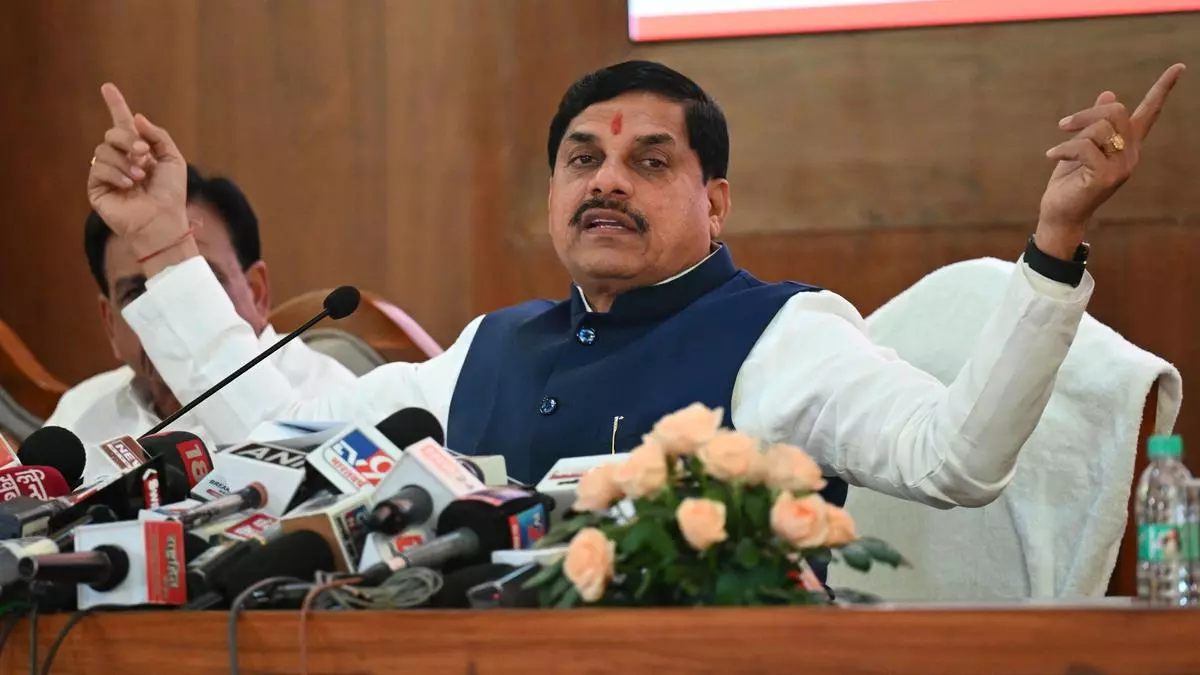Maldivian President Mohamed Muizzu has secured a supermajority in Parliament by winning over 60 seats in Sunday’s crucial parliamentary election. The election was seen as a litmus test for the pro-Beijing politician and his policies, which are being closely watched by both India and China amidst regional power dynamics. Muizzu’s party secured over 60 constituencies, accounting for almost two-thirds of the parliament. This victory is significant as India and China vie for influence in the Maldives and the larger Indian Ocean region.
According to the Elections Commission (EC), voter turnout was 72.96%. A total of 602 ballot boxes were set up, including in Thiruvananthapuram (India), Colombo (Sri Lanka), and Kuala Lumpur (Malaysia). The Maldives Development Alliance and Jumhooree Party secured one seat each, while the Democrats, Maldives National Party, and Adhaalath Party did not secure any seats.
This election is crucial for Muizzu, who has been accused of corruption and faced opposition in the parliament, where three of his nominees to the cabinet were blocked. The pro-China politician’s victory raises concerns for India, as he has taken an anti-India stand in the past and has been strengthening ties with China. India has withdrawn most of its military personnel from the Maldives, while China has signed several agreements and launched infrastructure projects in the country.
The Maldives holds a special place in India’s ‘Neighbourhood First Policy’ and strategic initiatives like ‘SAGAR’ (Security and Growth for All in the Region). China’s expanding presence in the Indian Ocean through its ‘debt trap’ diplomacy and ‘String of Pearls’ approach further complicates the regional power dynamics.










